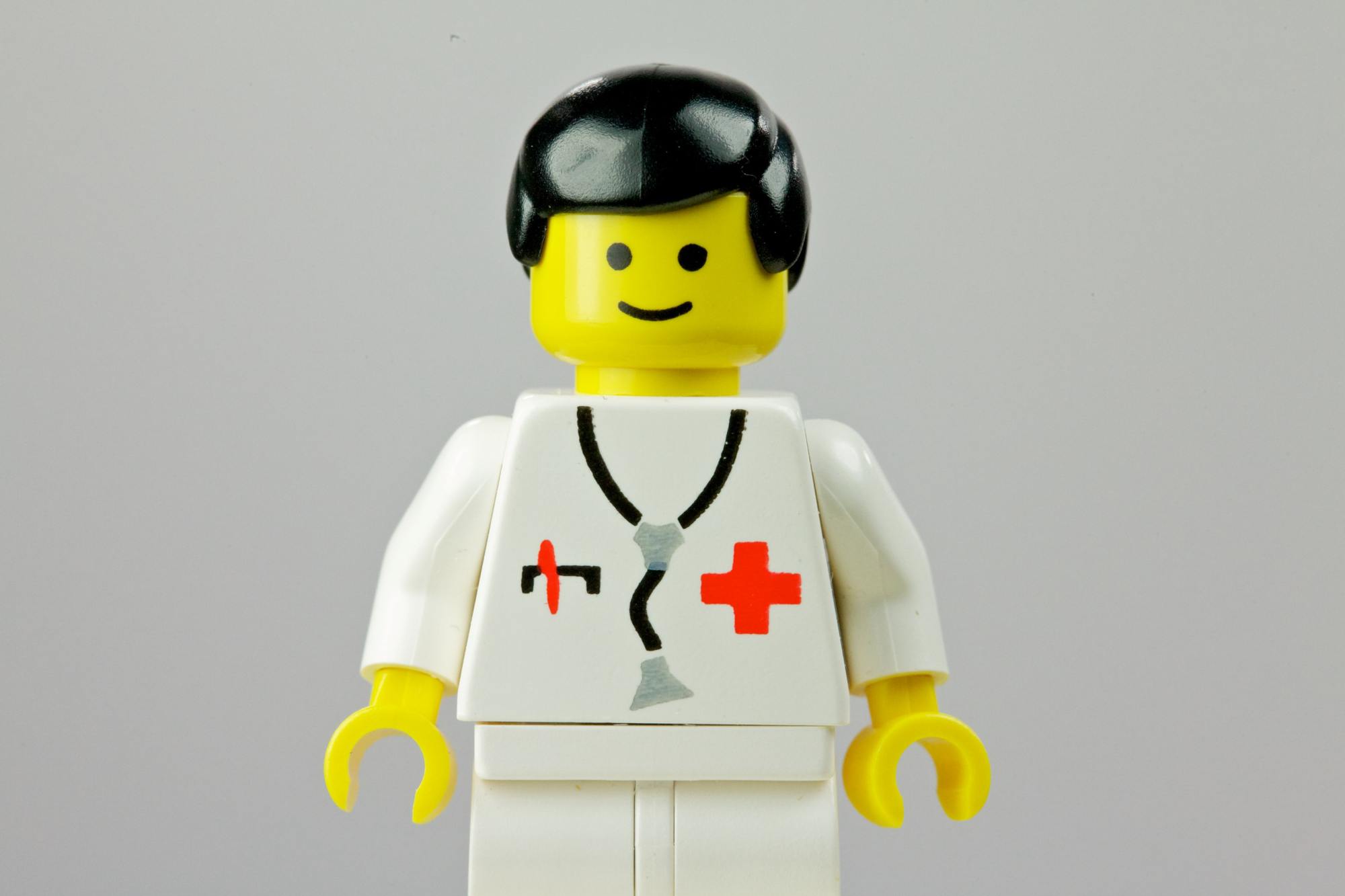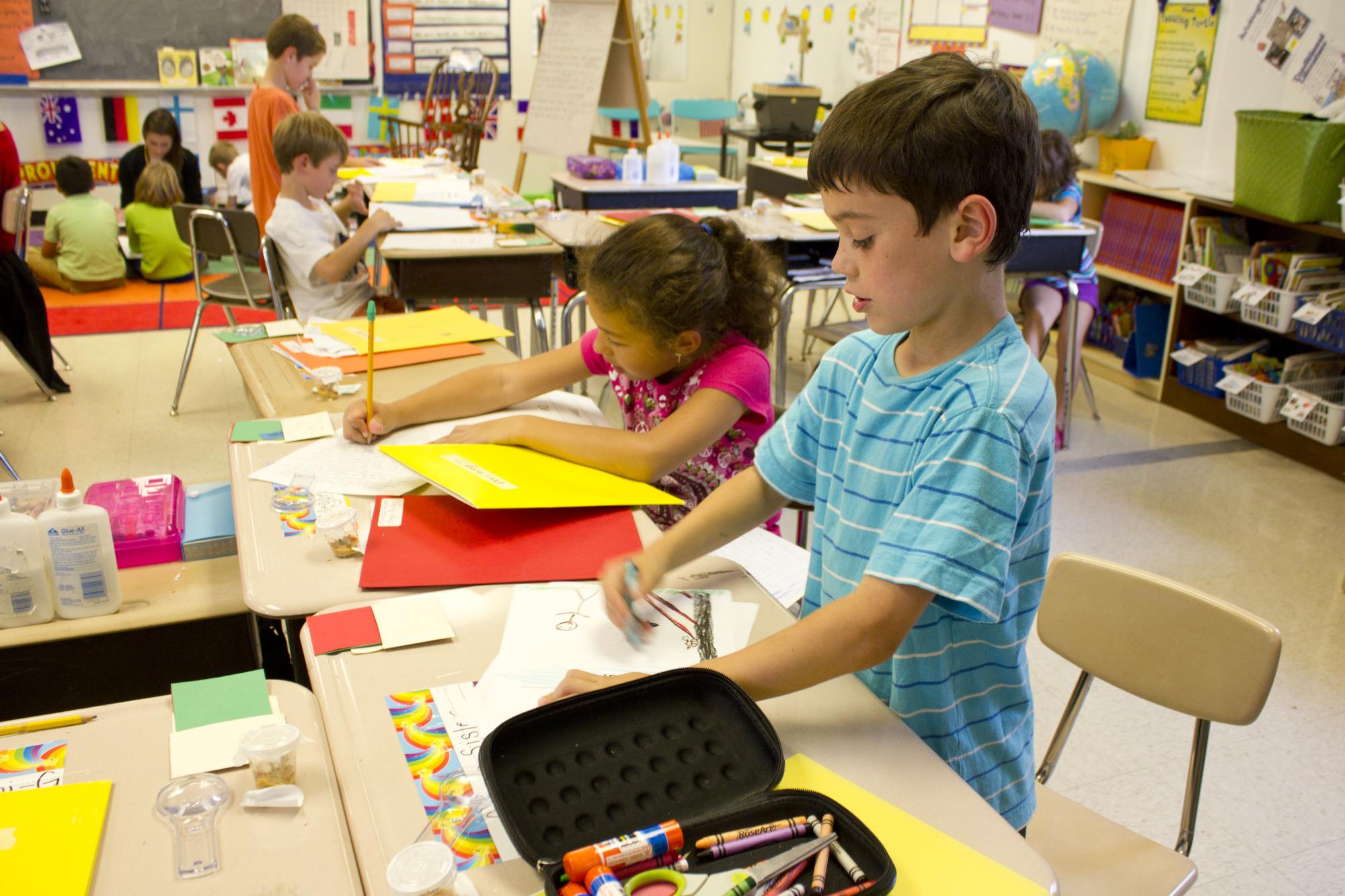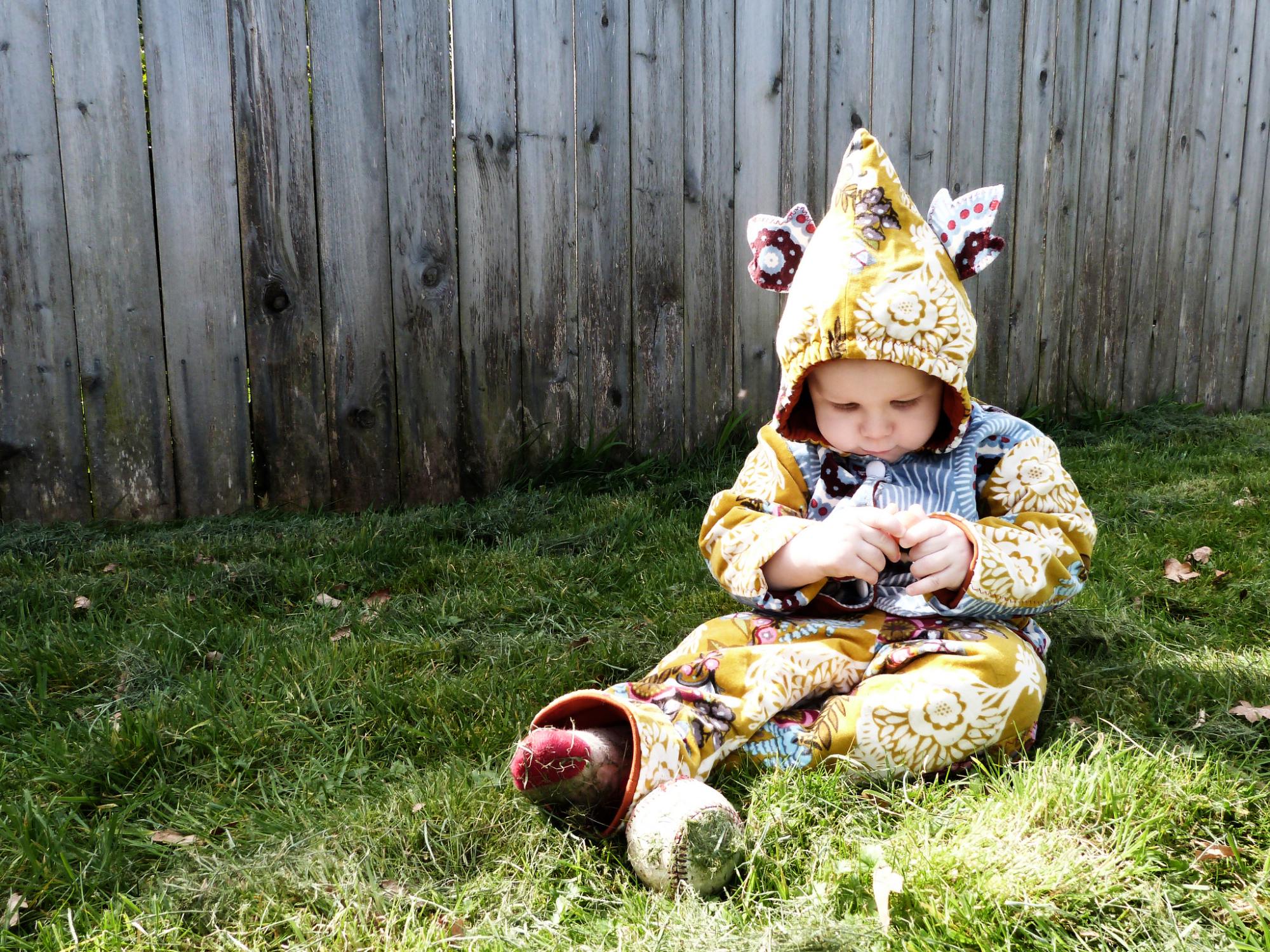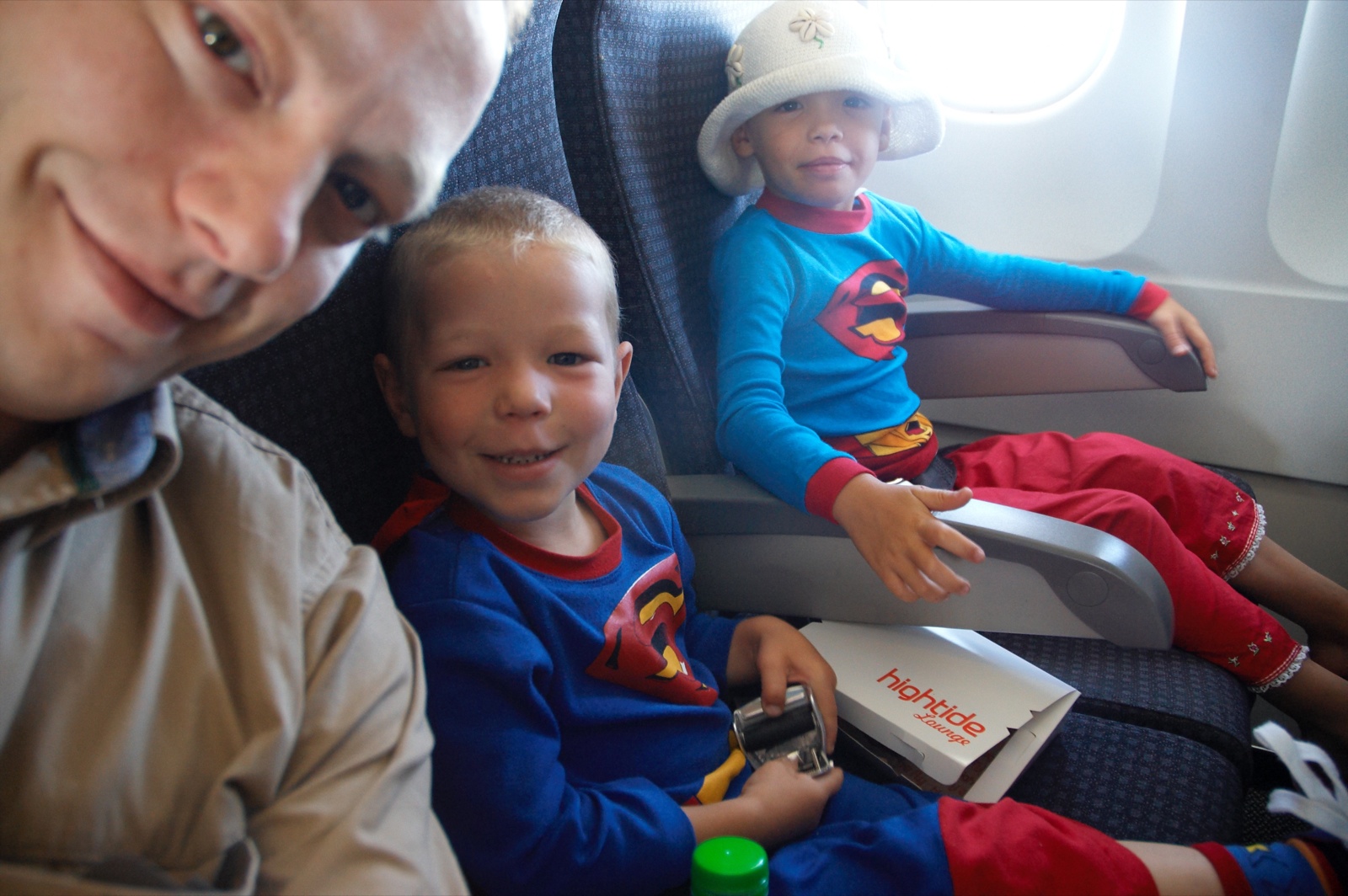I must state upfront that I am primarily a speech and language clinician rather than a health care policy expert. This post is not intended to be exhaustive or comprehensive, but rather an overview of what you might expect from this significant policy change. What is the Obamacare Effect on Speech Therapy? The primary intention of ObamaCare is to provide health coverage for every American while introducing reforms that would try to control the recent dramatic rise in health care costs. Not all provisions of the law have taken effect yet; some still have yet to roll out. Nevertheless this is a noble and ambitious goal, one that will require a major rethink of how speech therapy, in particular, is delivered.
Continue reading
What Does a Speech and Language Therapist Do?
Speech TherapistLike so many professionals within the health care/education world, speech-language pathologists (a.k.a. speech therapists) do so much more than their job description would entail. Sure, they have specific training and often years of experience treating a variety of communication challenges; they can be counted upon to deliver powerful results. Yes, the main thing a therapist does is to directly treat speech and language challenges in a strongly goal-oriented and intensely focused manner. However, what many people don’t realize is that speech therapists often take on many additional roles to support your child and your family. It can leave anyone wondering, “what does a speech and language therapist do?” This post is dedicated to revealing some of these roles and explaining how parents can take advantage of these inclinations to further improve the life your child.
The old saying—that it takes a village to raise a child—really does apply here!
New Language Development Research: Early Assessments Predict Future Academic Success
Language Development NewsA recent language development research study sought to understand whether children who were identified as having language challenges in preschool tended to have longer term academic difficulties. As you can see, from the very nature of what they were trying to investigate, this longitudinal study—spanning two decades—was the way to go. Research in the field of speech-language pathology deals with human behavior, which is extraordinarily complex. It can take years to be able to draw solid conclusions about the clinical effects of the work we do. What these authors found was surprising and has important implications for how we approach language challenges in preschool children. This study was just published by the American Journal of Speech-Language Pathology, and can be accessed in its entirety on their site. But I wanted to make sure that parents would have access to such important work, by describing it’s implications.
How to Talk to My Child about Speech Challenges
Parents' CornerRecently I starting working with a 7 year-old boy who had trouble with his R sound, a very common situation in my practice. After the initial intake session the boy’s mother asked me about any strategies or suggestions for explaining his challenge to the boy’s younger sister, who was able to perfectly articulate R and all other speech sounds. “How do I talk to her about speech challenges?” I think I gave mom a good idea, in an off-the-cuff way, but it did get me thinking about how parents could be better equipped to explain to their kids about the best way for them to think about a speech challenge in a friend or family member. The name of the game here is empathy and the more we can foster this sense of empathy, no matter the severity of that speech challenge, the easier we can make the process of speech therapy. Therapy doesn’t just occur in the clinician’s office or in the school speech room, it also happens among friends and family members.
What will my first speech therapy session be like with Speech Buddies?
Speech TherapistWelcome to the joys (and challenges) of raising kids! If you made it here, you’re probably wondering about some aspect of your child’s speech and language development and wondering how to prepare for your first speech therapy session. With some 1 in 10 kids seeing a speech therapist at some point you should know 1) this is probably a lot more common then you realize and 2) speech therapists are trained to help kids overcome speech challenges…and they will overcome them.





